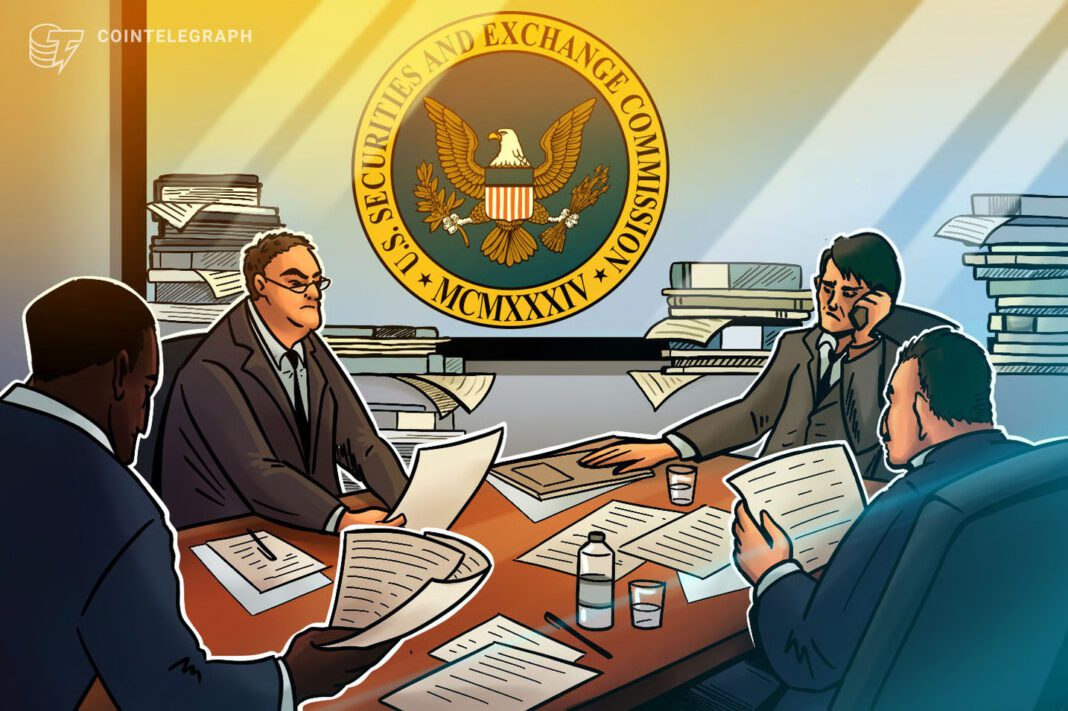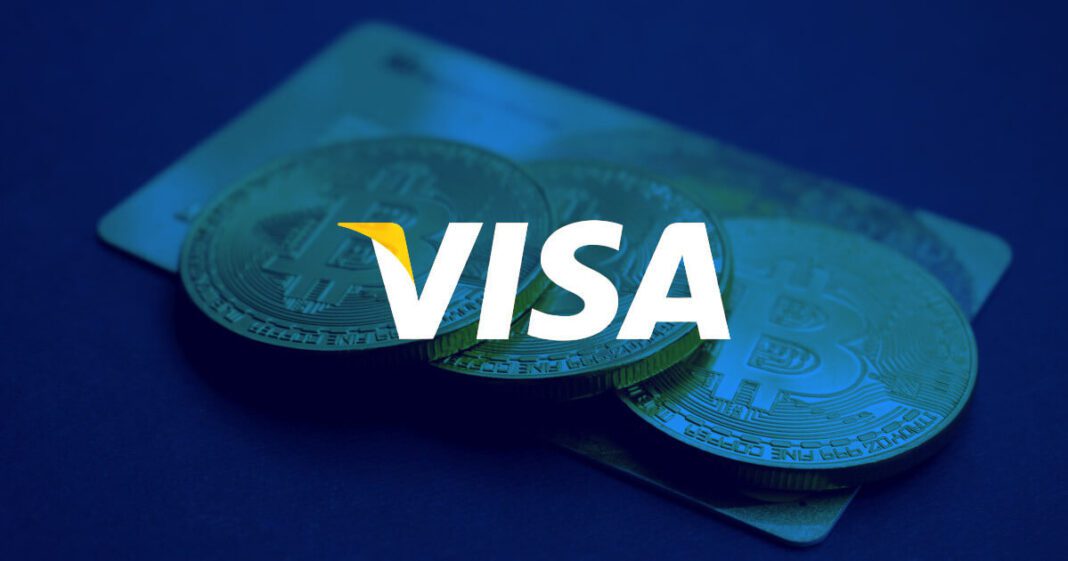In a landmark development for the intersection of traditional finance and blockchain technology, the U.S. Securities and Exchange Commission (SEC) is actively developing a framework to allow stocks to trade on blockchain networks, treating tokenized equities similarly to cryptocurrencies. According to a September 30, 2025, report from The Information, SEC staff are in discussions with industry stakeholders to implement this proposal, which would provide exemptive relief from certain stock trading rules, enabling faster settlements, 24/7 access, and lower costs. This initiative, still in early stages, aligns with the Trump administration’s pro-crypto agenda and could mark the first official integration of tokenized stocks on major U.S. exchanges, potentially revolutionizing the $50 trillion equities market.
For investors, crypto enthusiasts, and financial institutions, the SEC’s push—backed by Nasdaq’s recent rule change filing—signals a seismic shift toward tokenization, where digital representations of shares trade on distributed ledgers like Ethereum. While proponents hail it as an efficiency booster, critics like Citadel Securities warn of market disruptions and risks to retail investors. As public comments close on October 14, 2025, this could accelerate Wall Street’s embrace of blockchain. Let’s break down the plan, key players, and potential impacts.
The Proposal: Exemptions for On-Chain Stock Trading
The SEC’s framework would amend rules to permit listed stocks and exchange-traded products (ETPs) to trade in “tokenized form”—digital tokens on blockchains representing ownership—alongside traditional shares. Nasdaq’s Form 19b-4 filing (SR-NASDAQ-2025-072), submitted September 8, 2025, seeks approval to list tokenized equities on its platform, with the SEC’s public comment period ending October 14. If greenlit, tokenized trades would contribute to the National Best Bid and Offer (NBBO), undergo surveillance, and adhere to investor protections, avoiding fragmented liquidity.
Core elements:
| Aspect | Details | Benefits/Challenges |
|---|---|---|
| Tokenization Process | Shares digitized as tokens on Ethereum or similar; settled via blockchain. | Faster T+0 settlement vs. T+2; risks of smart contract bugs |
| Exemptive Relief | Waives some rules for blockchain trading; full transparency required. | Enables 24/7 access; Citadel warns of “disruptive effects” |
| Platform Integration | Nasdaq/Coinbase/Robinhood to host; DTC infrastructure needed by Q3 2026. | Boosts liquidity; $31B tokenized assets already exist |
| Regulatory Oversight | SEC’s Crypto Task Force leads; aligns with MiCA-like standards. | Consumer protection; potential for lighter compliance loopholes |
Nasdaq’s proposal emphasizes tokenized securities trading transparently within the national market system, responding to institutional demand for blockchain efficiency.
Key Players: Crypto Exchanges vs. Wall Street Giants
The plan pits crypto-native firms like Coinbase and Robinhood—eager to expand beyond digital assets—against incumbents like Citadel Securities, which handles 35% of U.S. retail trades. Coinbase filed in June 2025 for tokenized equities approval, while Robinhood eyes blockchain stocks to diversify. Nasdaq’s push, filed September 8, could enable Q3 2026 launches if DTC upgrades align.
Stakeholder positions:
| Player | Stance | Rationale |
|---|---|---|
| Coinbase/Robinhood | Strong Support | First-mover advantage; expands crypto offerings |
| Citadel Securities | Opposition; Calls for Slow Roll | Risks to market stability; demands verification |
| Nasdaq | Proponent; Filed Rule Change | Innovation in settlement; avoids opaque venues |
| SEC Chair Paul Atkins | Supportive; Views as “Innovation” | Updates rules for custody/securities |
The SEC’s Crypto Task Force, under Atkins, is drafting updates for custody and market systems to support tokenized assets.
Why Now? Pro-Crypto Agenda and Tokenization Momentum
The proposal rides the Trump administration’s crypto-friendly wave, with Atkins ending “regulation-by-enforcement” and advocating blockchain’s role in finance. Tokenization’s rise—$31 billion in real-world assets on blockchains—promises T+0 settlements and 24/7 trading, per Binance Research.
Drivers:
- Institutional Demand: BlackRock’s tokenization division and $31 billion in assets signal readiness.
- Efficiency Gains: Blockchain cuts settlement costs 50-70%; Nasdaq aims to integrate without fragmentation.
- Regulatory Clarity: Aligns with MiCA; U.S. lags but Atkins pushes for updates.
Critics like Citadel fear lighter compliance creating loopholes, but proponents see it as overdue modernization.
Implications: Faster Markets or Hidden Risks?
Approval could transform trading: $31 billion tokenized assets grow to trillions, enabling fractional shares and global access. For investors, 24/7 tokenized stocks mean round-the-clock liquidity; exchanges like Coinbase gain equities revenue.
Risks:
- Market Disruption: Citadel’s concerns over volatility and surveillance gaps.
- Regulatory Fragmentation: Without uniform rules, opaque venues could emerge.
- Investor Protection: SEC must verify blockchain’s transparency matches traditional systems.
As comments close October 14, 2025, Nasdaq’s timeline eyes Q3 2026 launches.
Conclusion: SEC’s Blockchain Stock Plan – Tokenization Takes Center Stage
The SEC’s plan to allow blockchain-based stock trading could usher in tokenized equities on U.S. exchanges, promising faster, cheaper trades amid crypto’s mainstreaming. With Nasdaq leading and Atkins supportive, it’s a boon for Coinbase but a warning shot for Wall Street. As tokenization surges, this could redefine $50 trillion in equities—or spark new risks. fortune



